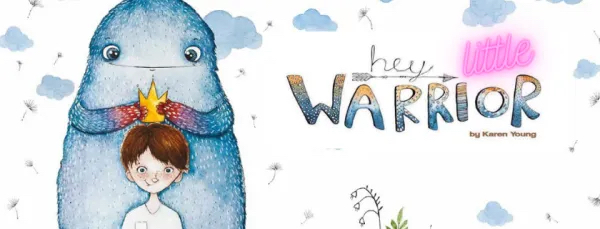
- This event has passed.
Dyadic Developmental Practice, Brisbane
October 24, 2016 - October 28, 2016
$2100
It is an approach that:
Integrates recent research in the areas of neurobiology of trauma, early child development and attachment theory, to produce a therapeutic and parenting approach that assists professionals to understand and effectively support children with trauma- attachment problems, and their families
Communicates playfulness, acceptance, curiosity and empathy (PACE) in order to help the child regulate their feelings (often fear, shame and anger) associated with past experiences and to create together new meanings to be integrated into the child’s life story (autobiographical narrative).
Recognises the vital role which adoptive parents, foster carers and residential workers play in the recovery of traumatised, attachment-resistant children.
Provides a set of principles that can support networks; inform and enrich parenting; and can support the child outside of the home eg. in residential settings and at school
This introductory 28-hour training course is relevant to professionals and therapists who have experience in communicating with and working therapeutically with children and young people and their families. It is focused on families and residential care homes when children have experienced past developmental trauma and have associated attachment difficulties. Principles and interventions are presented through formal discussion, case examples, videotape of therapy sessions, role-play, and hand-outs. This course is part of the pre-requisites to becoming a certified DDP practitioner. A MAXIMUM of 24 participants is permitted.
By the end of this course participants will understand:
The impact of secure developmental attachment on neurological, affective, cognitive, and behavioural development
How developmental trauma (abuse and neglect) create insecure and disorganised attachment patterns which impede normal development
Principles of psychotherapy, effective communication and parenting that facilitate the development of attachment security
Specific strategies of parenting and communication that facilitate the development of a secure attachment and help children integrate past trauma and abusive experiences
How the caregiver’s attachment history and attachment patterns can be important factors when providing care for children who have experienced developmental trauma.
Kim Golding is a Clinical Psychologist whose influential work has contributed to improved support for foster, adoptive and residential parents, schools and the range of professionals supporting children growing up in care or in adoptive families. She has authored several books including Creating Loving Attachments, which she co-wrote with Dan Hughes. As a board member of the Dyadic Developmental Psychotherapy Institute she accredits and trains professionals in the approach in the UK and speaks about this work internationally as a leading voice on children with attachment difficulties.
Related Events
Please note that posting onto the Events & Training calendar is reserved for FRSA Members only.





